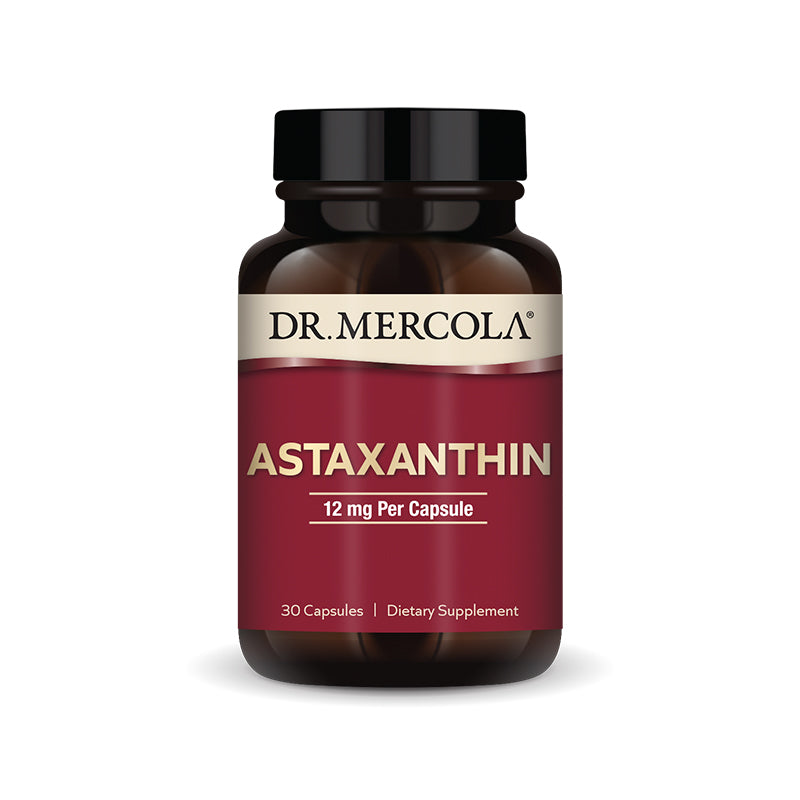Cart
0
by Glen Depke, Traditional Naturopath Really think about it, have you ever had a head injury on any level in the past?
- Perhaps you fell off your bicycle when you were younger?
- Maybe a fall from a swing set?
- Perhaps you played some aggressive sports when you were younger?
- Maybe you were in an car accident at some point?
- Perhaps you fell of ladder?
- And hopefully you were never dropped as a child, but maybe?
- Food sensitivity
- Chemical sensitivity
- Poor mental clarity
- Chronic gut issues without logical answers
- Poor regulation of moods
- Challenged sleep patterns
- Weight gain or unhealthy weight loss
- Aches and pains
- Writing becomes less legible
- Poor memory
- Cold hands and feet












